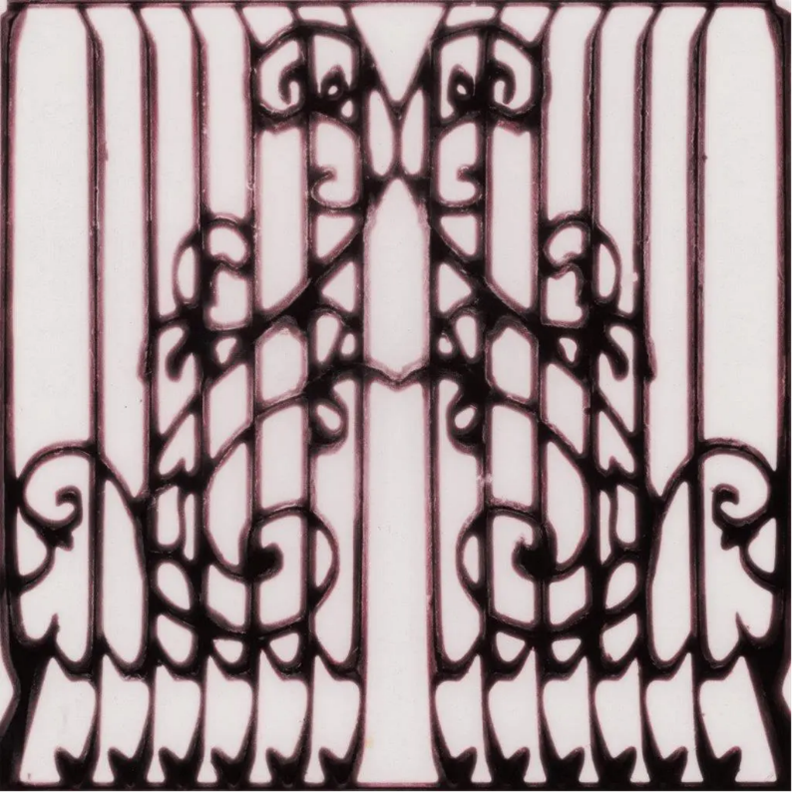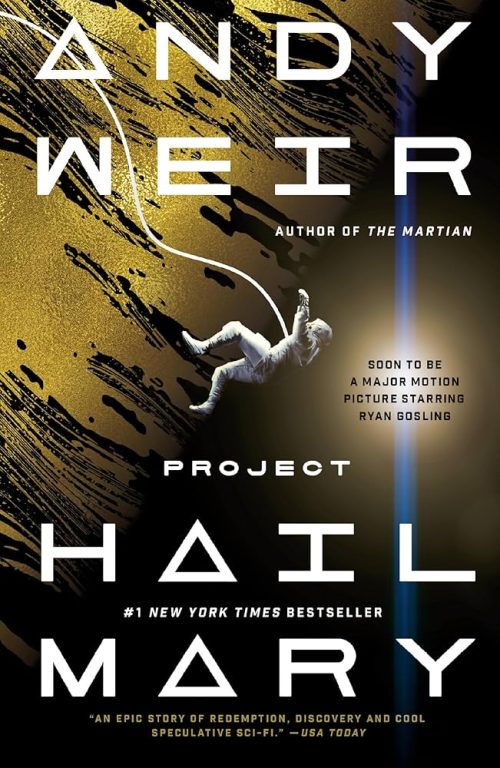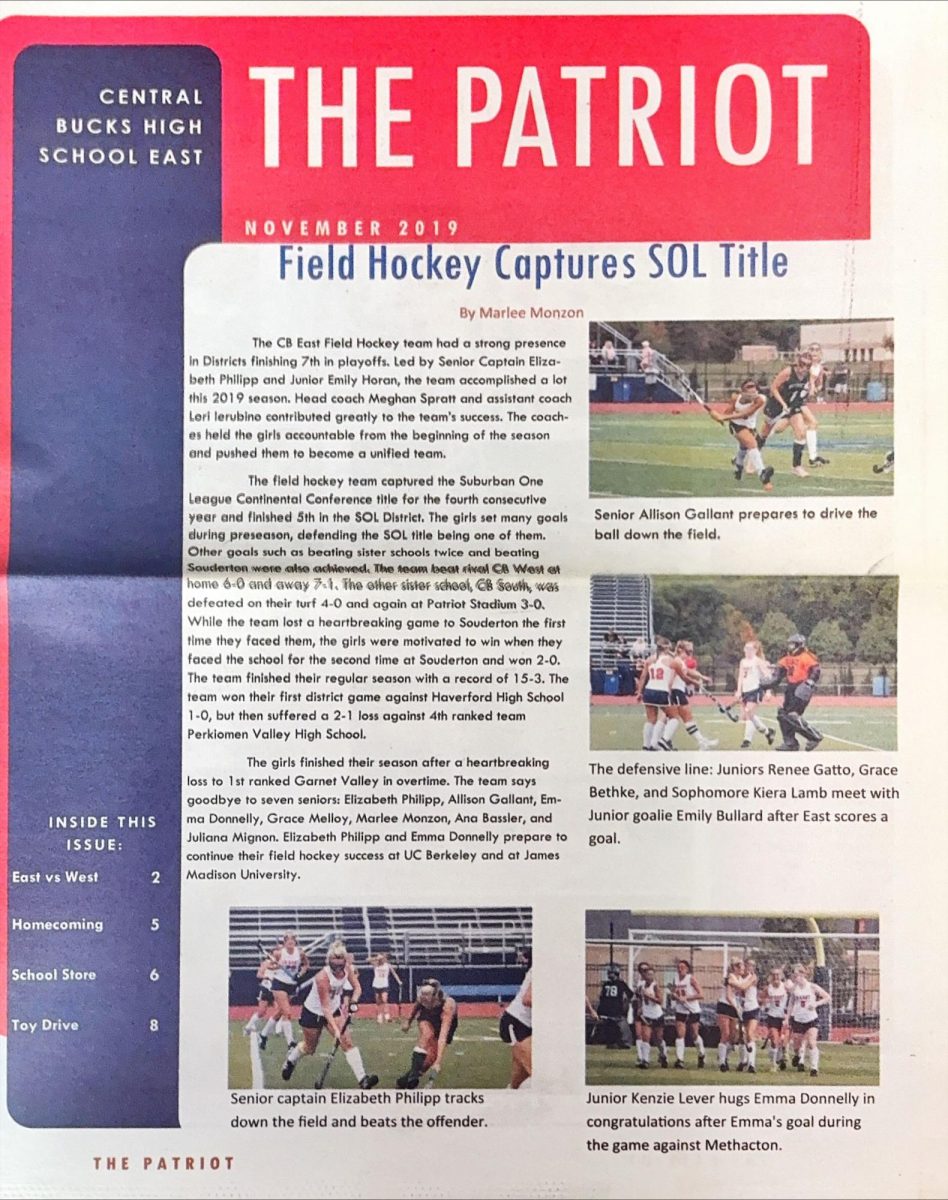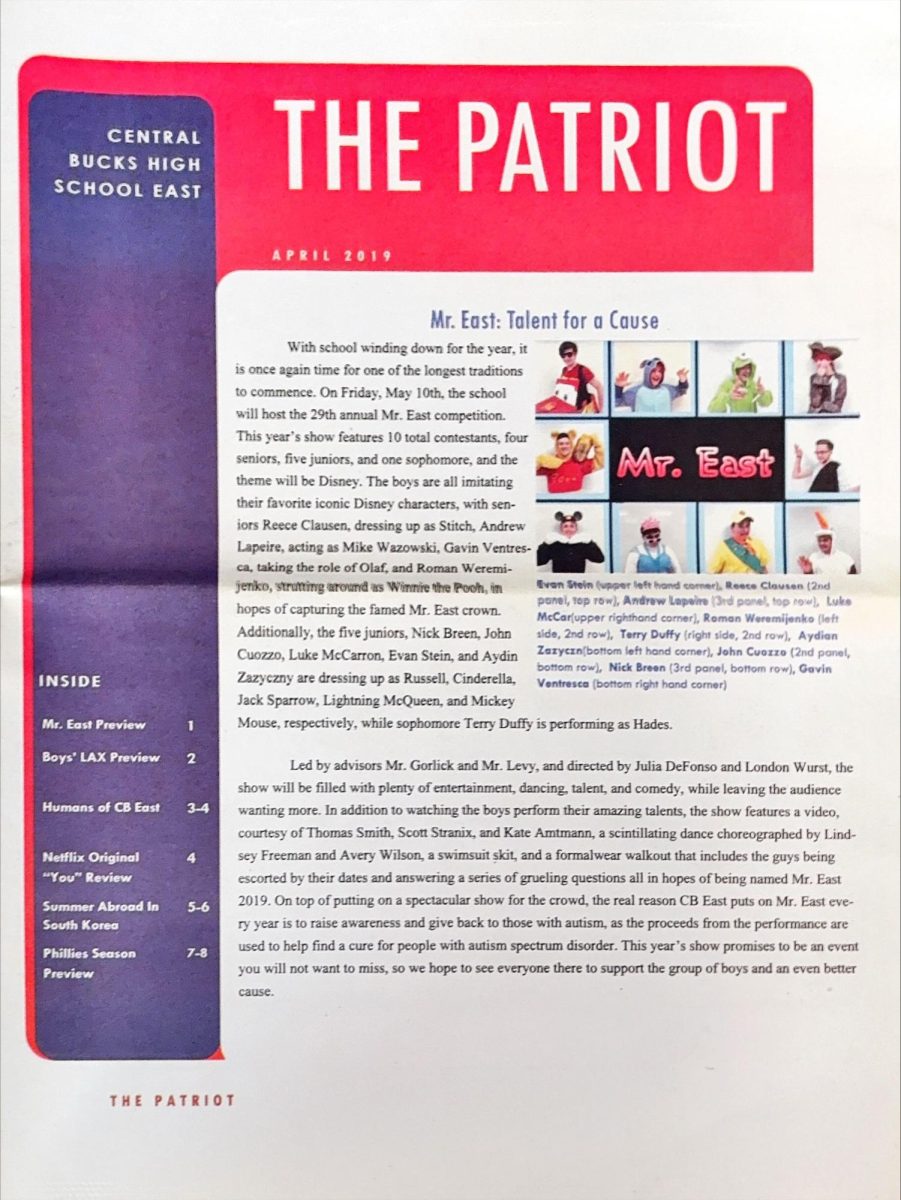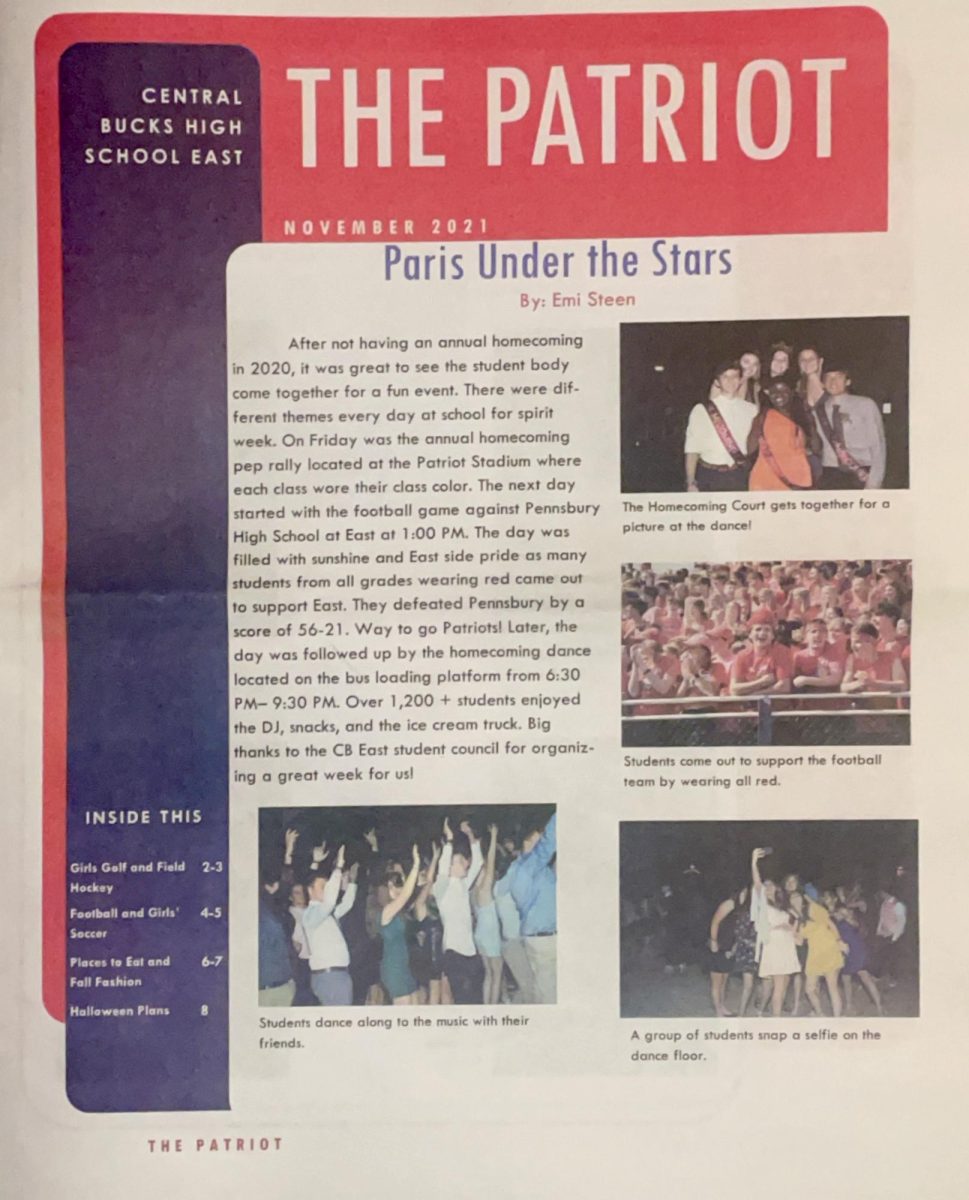In Stella Wong‘s poetry collection Stem, a suite of “dramatic monologues” provoke and invoke a murmuration of femme electronic musicians, a motion towards future canonization. “The best // things to score are / like us, unnumbered,” goes an overlooked Wendy Carlos, film scorer for The Shining and Tron. Who exactly is being left “unnumbered?” Who gets to invent and who goes insane? I’m trying to imagine Klein‘s dramatic monologue. Watching a lecture the South London composer presented on “craft” at the Städelschule which derails into an autohistoriographical meditation on Black aliveness; the UK grime scene; and a recounting of the first time she met Ed Sheeran. Suffice to say, it did not provide any straightforward answers. sleep with a cane, her latest mixtape, similarly attends to the listener with care – though not entirely. It’s a sort of “affective proximity,” a bricolage of soundscapes working together to create a piece more total rather than linear.

Last year, Klein seemed to make a pivot towards industrial metal with the releases of marked and thirteen sense. However its sludge exterior, the excess of compressed guitar chords lent itself to a surprising pop rock sensibility. Even more surprising, then, is when “84 remy” opens cane with a solemn feedback loop of New Age-esque synths and flutes. Pacifist in tone and theme, this shift reaches its apotheosis on “informa,” where a sampled BBC anchor reports that “London youth are quickly leaving violence behind to embrace the emerging cultures of artistry, creativity, and independence.” Otherwise, several song titles (“iluvlife [2012],” “Family Employment 2008-2014”) correspond with a period before Klein began uploading music to her Bandcamp page. A gesture towards the archive (resolution) leaves its contents floating about and around silence (tension). Was this manipulation on Klein’s behalf, a critique of the archive’s entrapments? – how it is often referred to as a mortuary; dead.
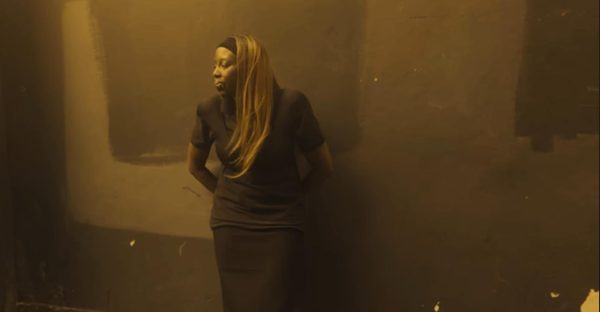
At once, I am reminded of the photographs taken by the Farm Service Administration [FSA] during the Great Depression. If any subject was deemed deviant from the American fantasy, Roy Stryker (head of the FSA) would hole-punch the negatives and (often) discard of them, leaving literal and metaphorical holes in the archive. Klein makes sense of the medium’s impossibility, history writ large, by inviting myth, inviting speculation. On “rich dad poor dad,” she embodies the blues singer Robert Johnson, who, as legend has it, sold his soul to the devil at a nearby crossroads in exchange for an abundant career. Though the slippage in the final verse (is she saying, “stay again” or “say again”?) indicates that this hole remains, the message misconstrued. But what can a hole do beyond its denotation of negation? Perhaps lack is the starting point; where, from William Pope.L‘s performance piece Hole Theory:
Miracles abound
Planets go crazy
Babies laugh
Friends and families die
And the sun rises
And sets (13.2)
Holes as nothing. Holes as everything. Holes as trash. Holes as beautiful. Holes as stupid. Holes as grief. Holes as theory. Holes as joy. Holes as im · possible. The holes are the shape (of Klein).
Listen to: young, black and free [with Ecco2k], rich dad poor dad, it is what it is in d minor








